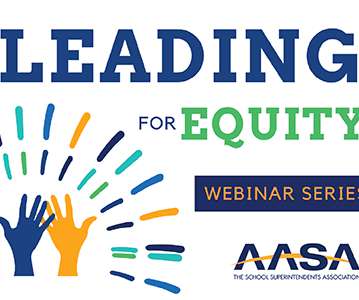In 2019, What’s REALLY the Definition of a Teacher?
EdNews Daily
OCTOBER 22, 2019
They deliver specific chunks of knowledge that are outlined by academic standards and required by school policy in the curriculum, not random tangents of knowledge. It’s librarians that are supposed to curate and guide further studies and deeper dives or sideways jumps to secondary topics. Sourcing project ideas.















Let's personalize your content